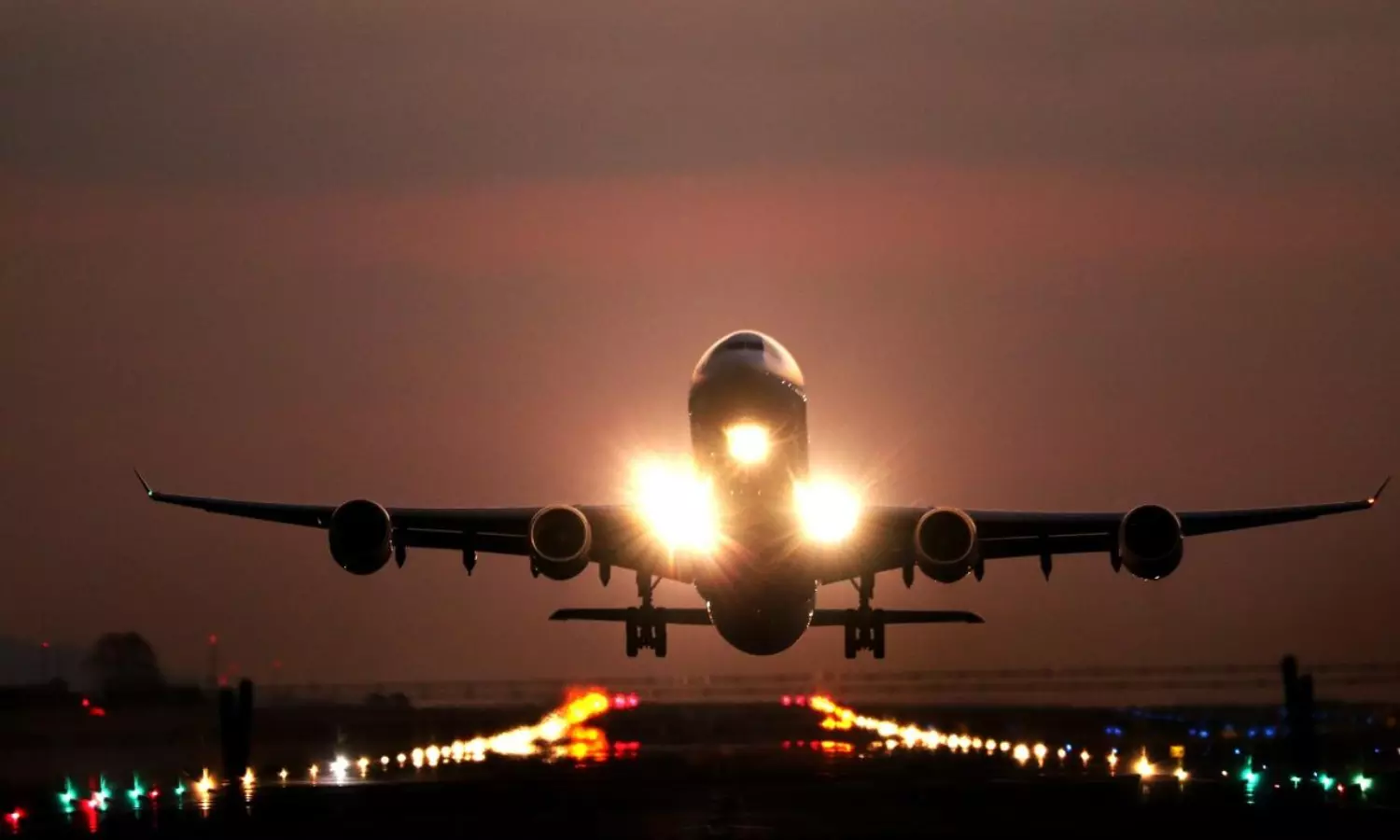African airlines' revenue loss to be $4.9 billion in 2022: AFRAA
In February 2022, AFRAA estimates that African airlines' capacity reached 64% compared to the same month in 2019.

Photo by Josue Isai Ramos Figueroa on Unsplash
The African Airlines Association (AFRAA) noted that airline revenues remained low with many operators battling with cash-flow issues."Full year revenue loss for 2022 is estimated at US$4.9 billion, equivalent to 28 percent of the 2019 revenues. In 2021, African airlines cumulatively lost $8.6b in revenues due to the impact of the pandemic, representing 49 percent of 2019 revenues," reads the release.
In the month of February 2022, AFRAA estimates that African airlines' capacity reached 64 percent compared to same month in 2019. Similarly, traffic is estimated at 49 percent.
Domestic market maintained the biggest share for capacity deployed though traffic share saw a small dip. Domestic demand however at 45.3% outperformed intra-Africa and intercontinental which remained subdued at 31.2% for intra-Africa and 23.5% for intercontinental. On the actual number of passenger seats offered, domestic, intra-Africa and intercontinental accounted for 49.4%, 24.7%, and 26 percent respectively.
Four African airlines continue their international routes expansion and by end of the year 2021 had exceeded the number of international routes operated pre-Covid. 11 other African airlines also either re-open routes or launched new international routes. As at the end of January 2022 African airlines had reinstated approximately 78.7% of their pre-Covid international routes, though frequencies remained low.
The Intra-African connectivity reached 76% of the pre-Covid level in January 2022, and is forecast to fall to 72% in February because of the closure of some routes.
The connectivity decreased in West African airports (Félix-Houphouët-Boigny International Airport (Abidjan), Murtala Muhammed International Airport (Lagos), Léopold Sédar Senghor International Airport (Dakar) and Lomé–Tokoin Airport.) due to the political situation in Mali that was banned by ECOWAS.
Regulatory developments
Effective February 7, 2022 Moroccan air borders reopened after more than two months of closure due to severe restrictions to curb the expansion of the Omicron variant. All adult passengers arriving in the country effectively need to present a valid certificate of Covid-19 vaccination. They are also required to take both a Rapid Antigen test and PCR on arrival. All passengers exiting Morocco will also need to present a valid certificate of Covid-19 vaccination.
The Ugandan ministry of Health announced that the mandatory Covid-19 testing of all incoming travellers at Entebbe International Airport upon arrival has been stopped with effect from 16 February 2022. However the requirements for Covid-19 testing 72 hours before boarding for both incoming and exiting travelers remain in effect. The health workers will continue to screen all travellers both at arrival and departure and verify their Covid-19 test certificates
All vaccinated passengers travelling to Mauritius are required to take a Covid-19 testing on arrival as well as on day 5 of your stay. Non-vaccinated travelers will need to show a negative PCR test result 72 hours from the last point of embarkation, Covid-19 insurance health coverage, and proof of purchase of a stay package in one of the certified Covid-19 safe resorts for mandatory 14-day in-room quarantine
Airlines for America (A4A) will be forming a coalition to push the United States Government to remove the pre-departure testing requirement for vaccinated passengers traveling to the US.
Effective February 11, 2022, passengers entering England who are fully vaccinated are not required to book a day-2 arrivals test.
Effective February 21, 2022 Australia opened its international borders to all vaccinated tourists, nearly two years after the island nation first imposed some of the world's strictest Covid-19 travel restrictions.


